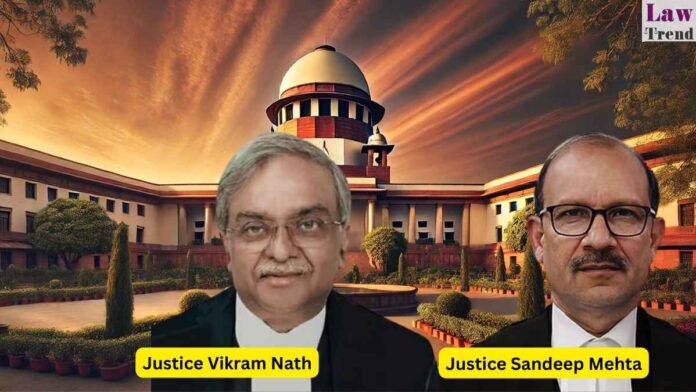The Supreme Court has set aside the Delhi High Court’s order denying admission to a Scheduled Caste candidate with benchmark disabilities (PwBD) in the MBBS course and directed the All India Institute of Medical Sciences (AIIMS), New Delhi, to admit him under the SC-PwBD quota in the 2025–2026 academic session. The Court strongly emphasised that
To Read More Please Subscribe to VIP Membership for Unlimited Access to All the Articles, Download Available Copies of Judgments/Order, Acess to Central/State Bare Acts, Advertisement Free Content, Access to More than 4000 Legal Drafts( Readymade Editable Formats of Suits, Petitions, Writs, Legal Notices, Divorce Petitions, 138 Notices, Bail Applications etc.) in Hindi and English.




